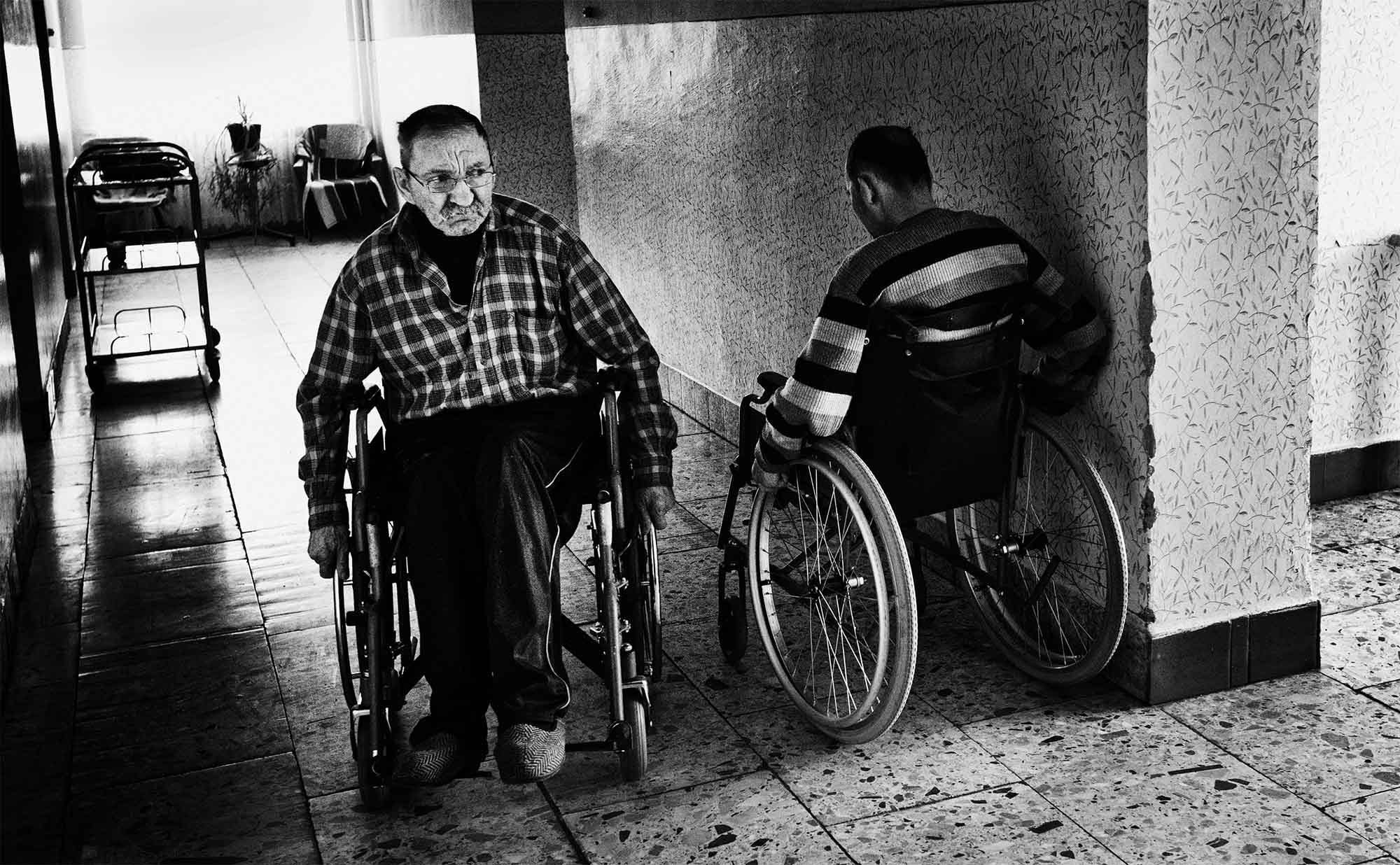
Old age for a person in itself is a test of helplessness, illness, loneliness, dependence on others, and what can we say about those who have a physical or mental disability and who cannot be cared for by relatives.
Such people end up in geriatric and neuropsychiatric boarding schools, boarding houses and nursing homes. The closeness of such institutions gives rise to a feeling of permissiveness in relation to their wards among the staff, this is especially scary when it comes to children and the elderly.
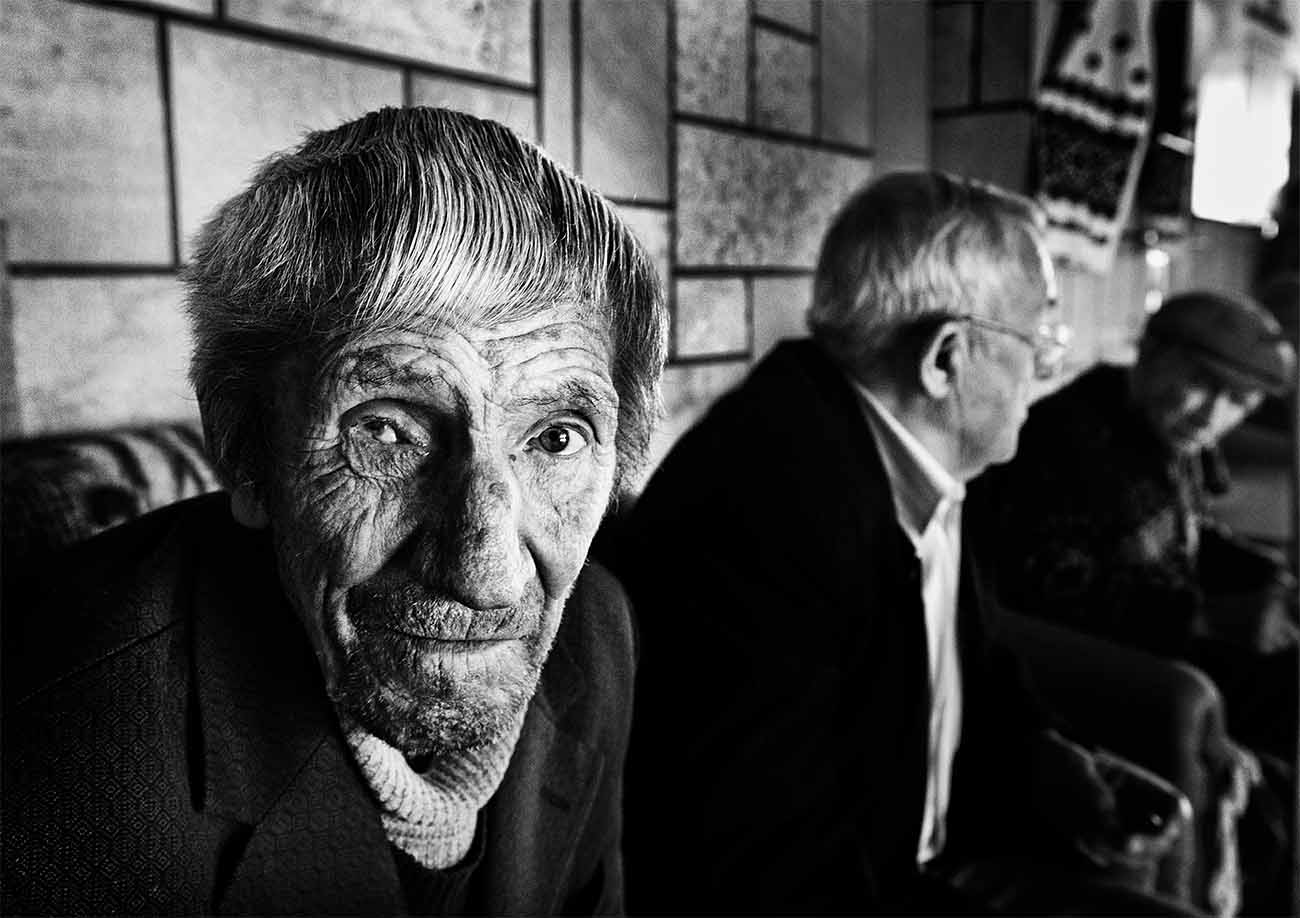
The Vinogradov geriatric boarding house for people with disabilities and the elderly, where we went on a monitoring visit, only confirmed the widespread practice of human rights violations in such institutions. At the time of the check, 177 people lived in the boarding house, of which 97 were disabled of groups I-II, 16 people were seriously ill – bedridden.
It must be said that there is no limit to the ingenuity of a person in mocking a weak and helpless person, except perhaps limited by fantasy. The leadership is confident that it “knows better” what their wards need, and humane assistance for them is a synonym for the expression “the sooner they get tired, the faster they die”.
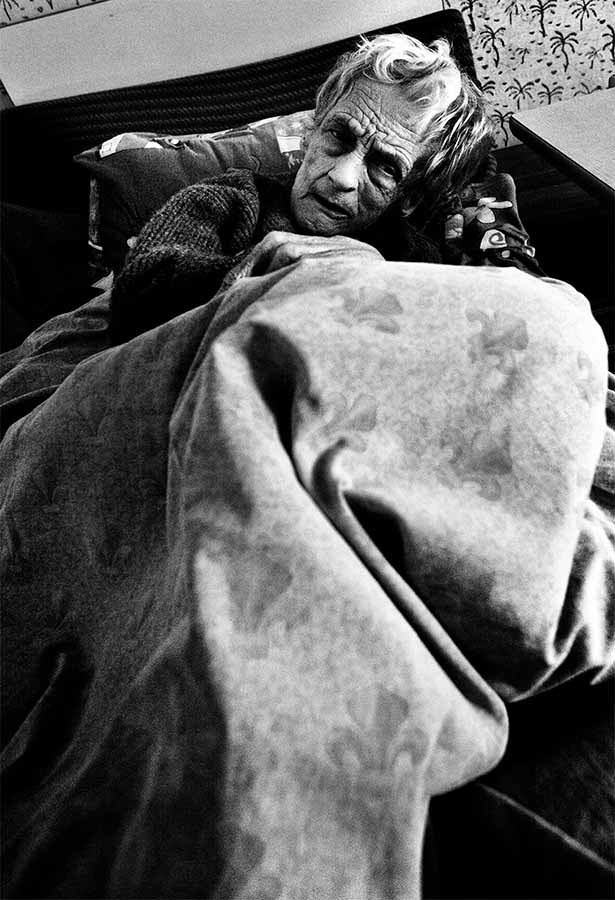
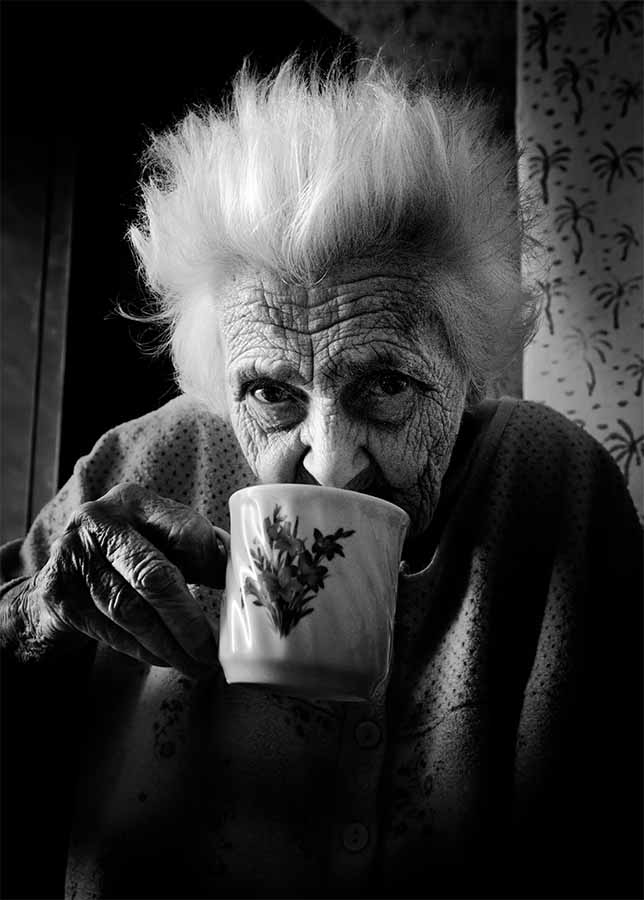
The most terrible thing is not even the lack of human care, medicines and food, but the fact that people who live and survive in boarding schools are deprived of their dignity and self-respect and are resigned to the expectation of their death in a ‘closed cell’.
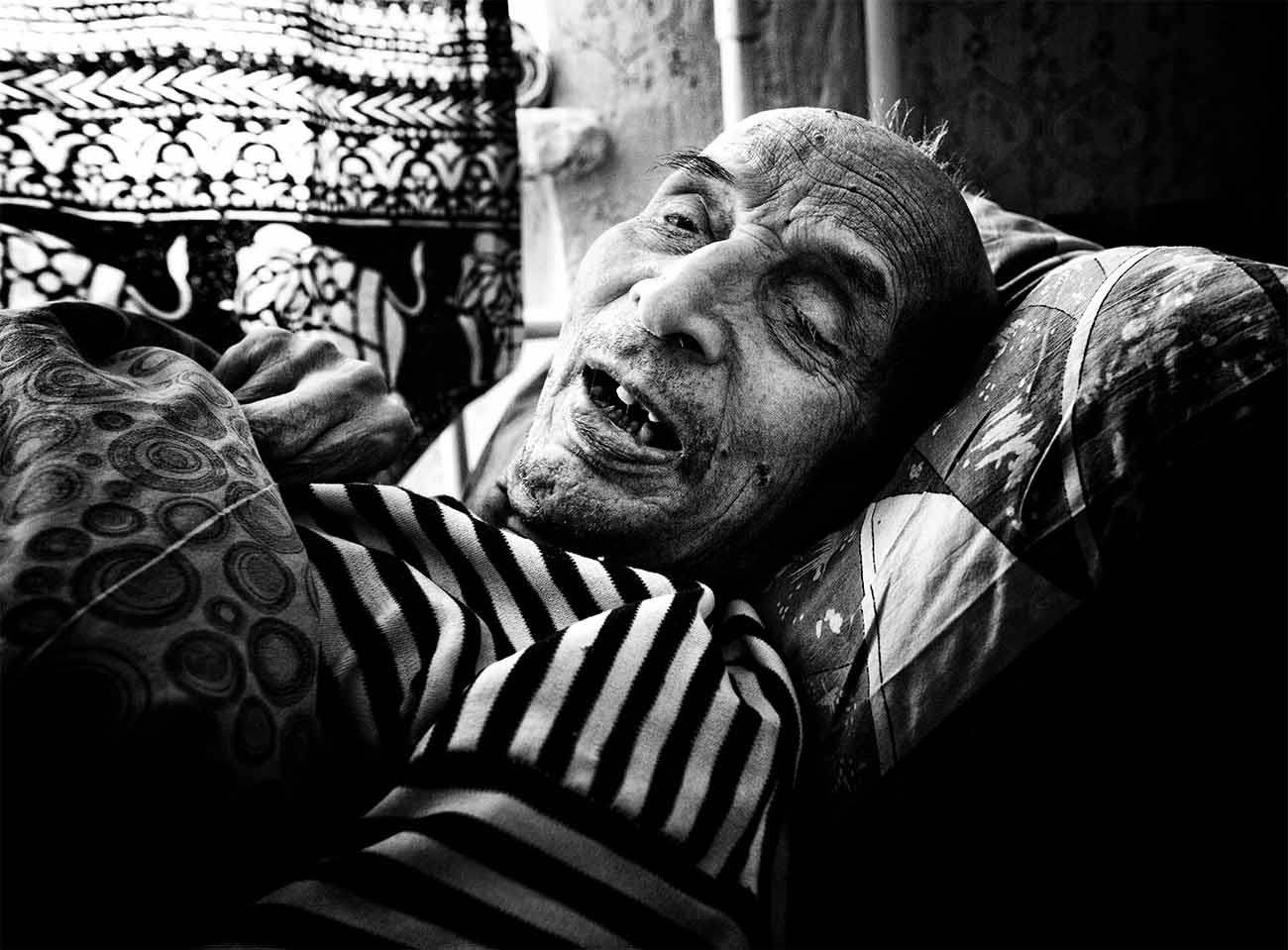
Dirt, hunger, intimidation and helplessness, lack of pain relief and no hope – the recurring colorless everyday life of old people in such boarding houses.
In our society, elderly and sick people do not have a voice to ask for help. The state when you just lie silently and endure unbearable pain leads to a wild and deep depression, which leads either to a state of a vegetable or to aggression. There is no calm and neutral state.
Because of this, many people begin to drink, which is considered an administrative violation in such institutions and for which the administration punishes the residents with exile to the hell of a psychiatric hospital. This intimidation of forced treatment in the Wilshany Psychiatric Hospital is one of the favorite methods of subduing recalcitrant, demanding or uncomfortable charges.
How can a child in a boarding school who is underfed, beaten or humiliated defend their rights? What can a bedridden or wheelchair-bound person with a disability do if they are mistreated?
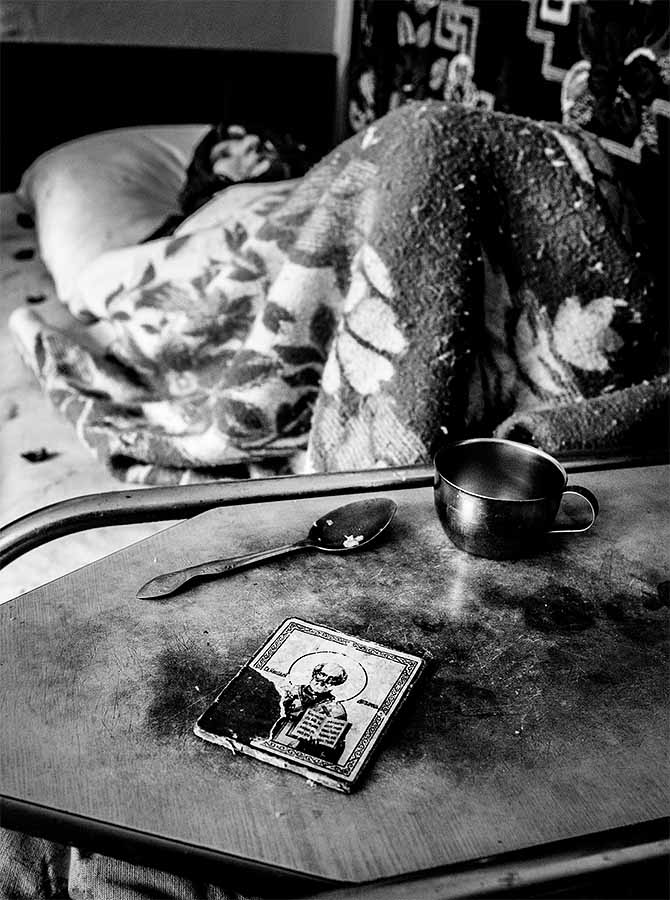
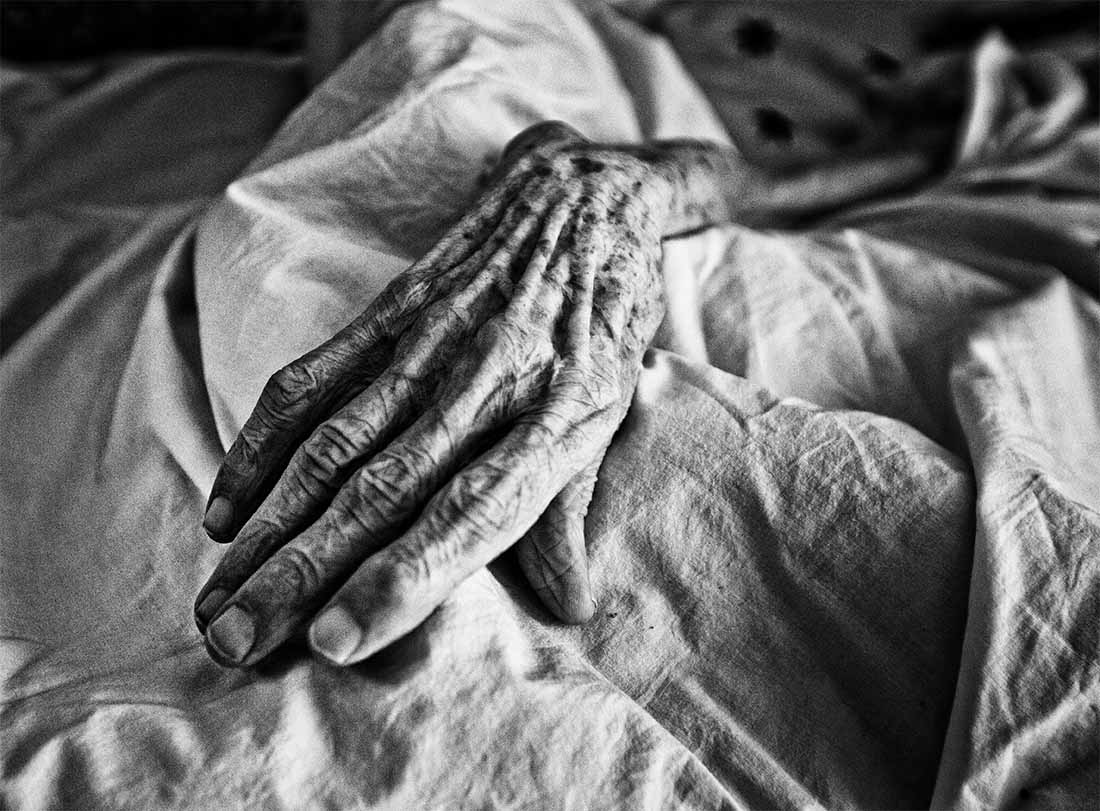
But you know what instills even more fear in the local residents? Lose or forget somewhere your spoon or fork! These things are valued here, it seems, more than photographs of relatives.
After all, they will not give you another spoon, and you will eat your sour and rotten cabbage, tasteless and vomiting food – with your bare hands. The patients of the boarding house keep their cutlery like jewels.
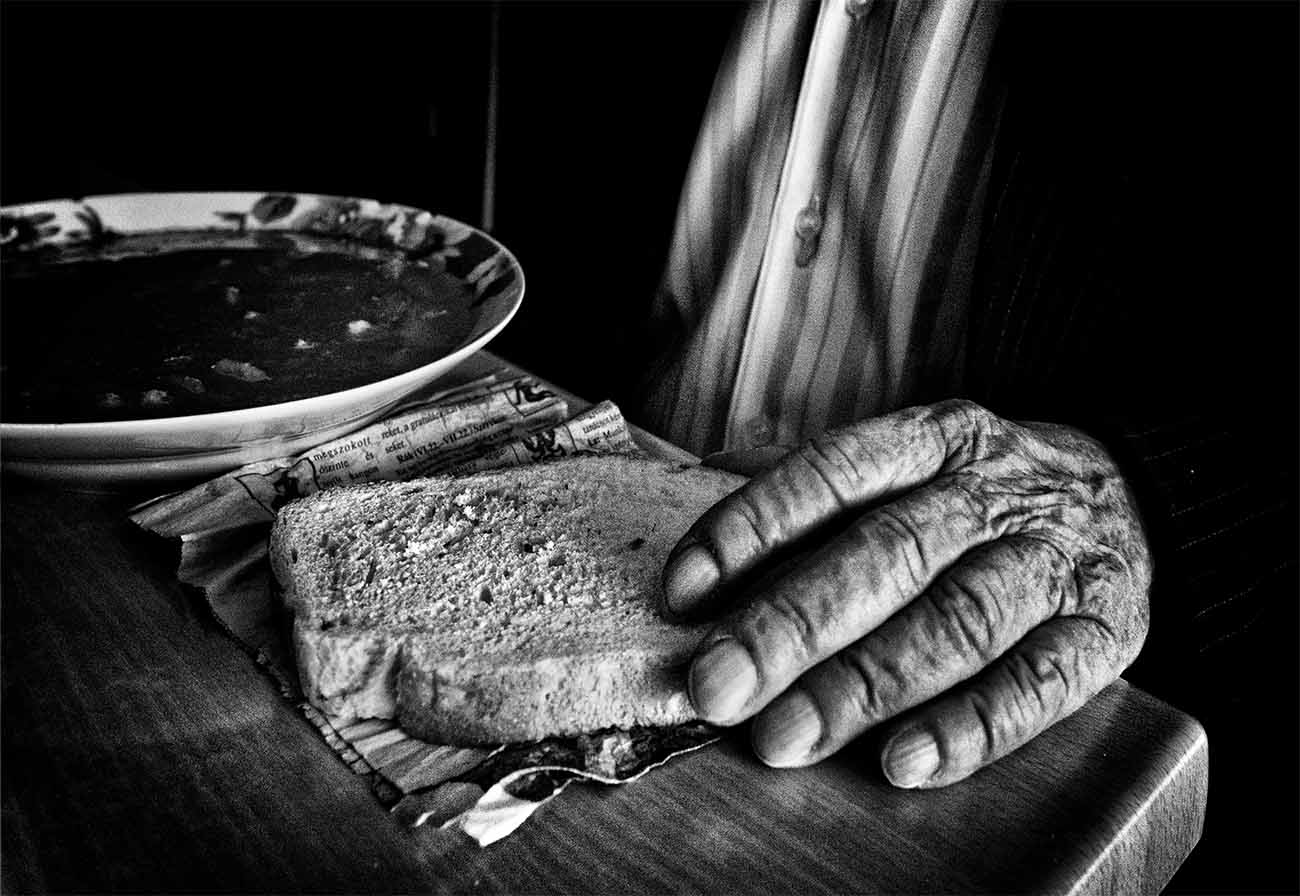
What can you feed a ward for 28 hrn. 34 kop. in a day? The menu, which is written out for the day, does not correspond to reality – both general and dietary. Paradoxically, the kitchen is in no way adapted for people with disabilities, people eat in the corridors, some patients help to feed helpless neighbors.
But in the plate of the wards of the boarding house there is a soup that even a dog will refuse to eat, rotten and undercooked cabbage every day.
People simply push this food into themselves, suppressing vomiting, because there will be no other. Food is cooked very carelessly, expired butter and cereals are used, and sausages, and even more so such luxury as meat, are not enough, refrigerators and a warehouse turned out to be empty, food supplies in the kitchen were for 2-3 days.
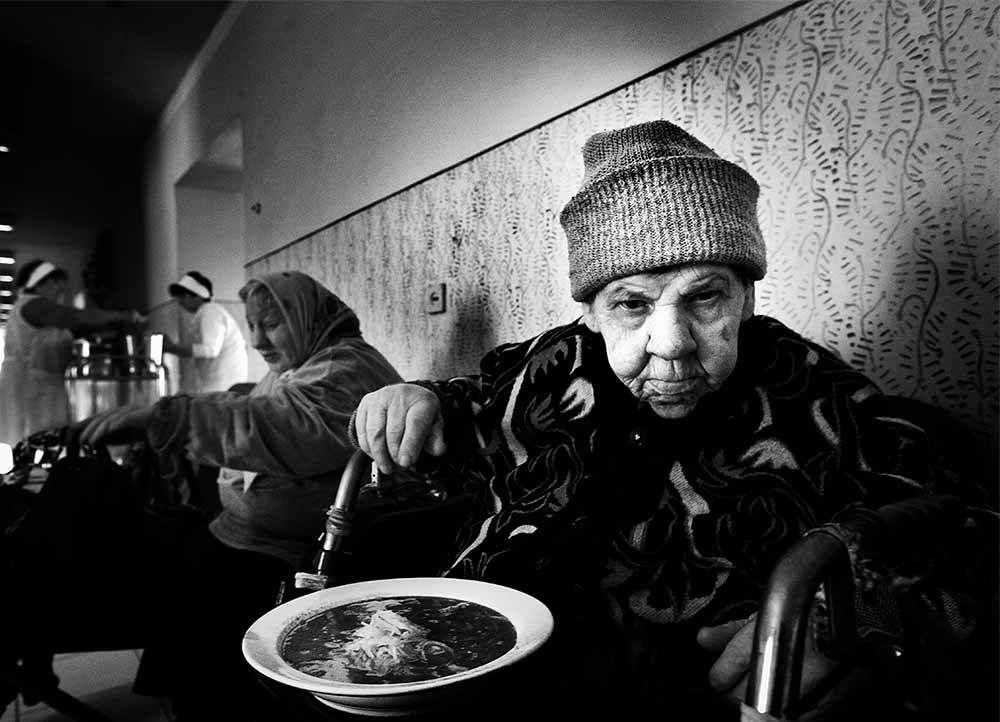
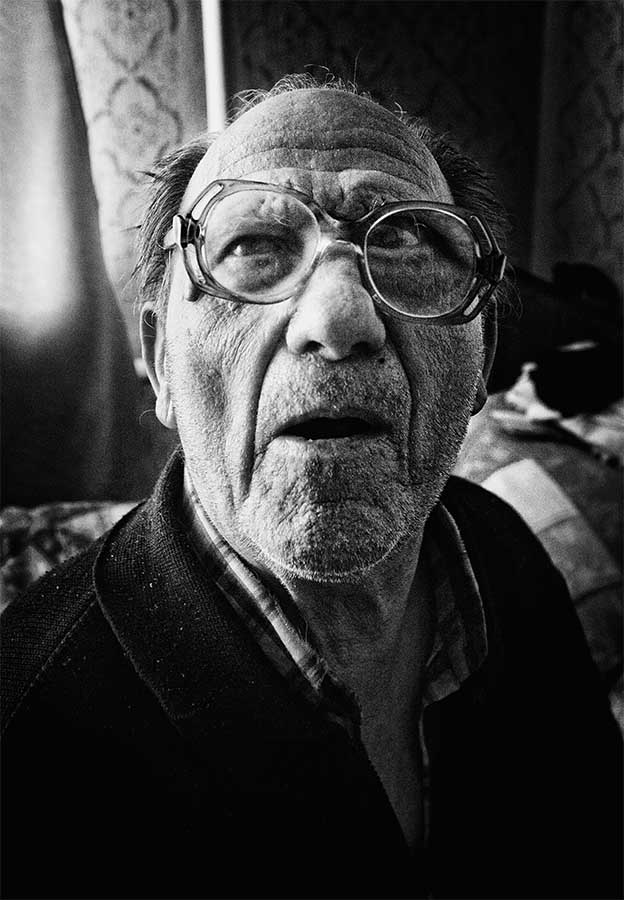
With the money that is handed out, which is 1/4 of their pension (about 180-200 hrn. monthly), residents have to buy all personal hygiene items (shampoo, soap, toilet paper, toothpaste), tea, coffee, sometimes even food, as well as water, because the water in the tap leaves is of low quality.
According to accounting documents, 300 rolls of toilet paper were received, but in March only 21 rolls were issued and this is for 177 people living in the boarding house. According to the staff, no one else contacted them, and according to the patients, one free roll of toilet paper is issued once a quarter.
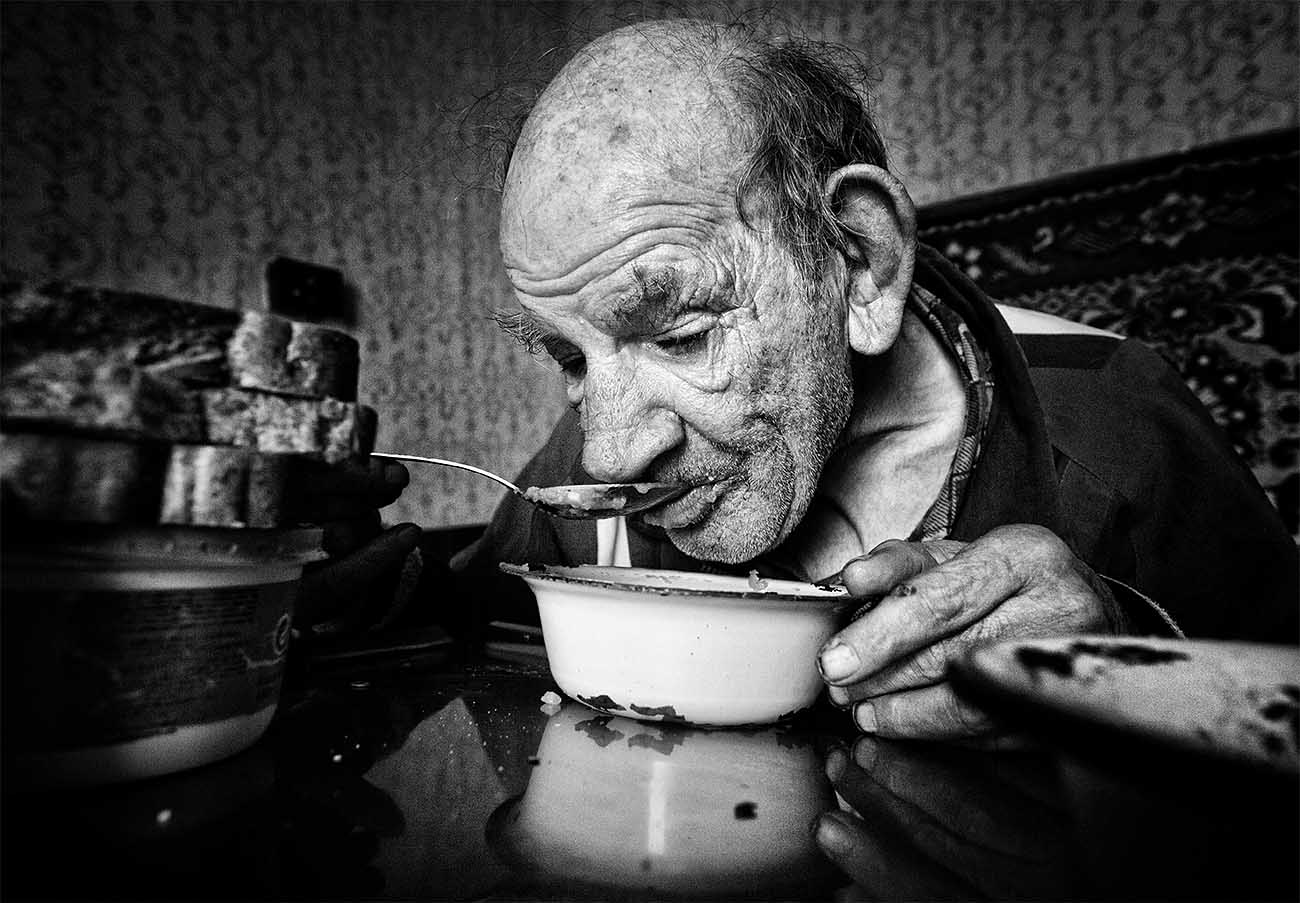
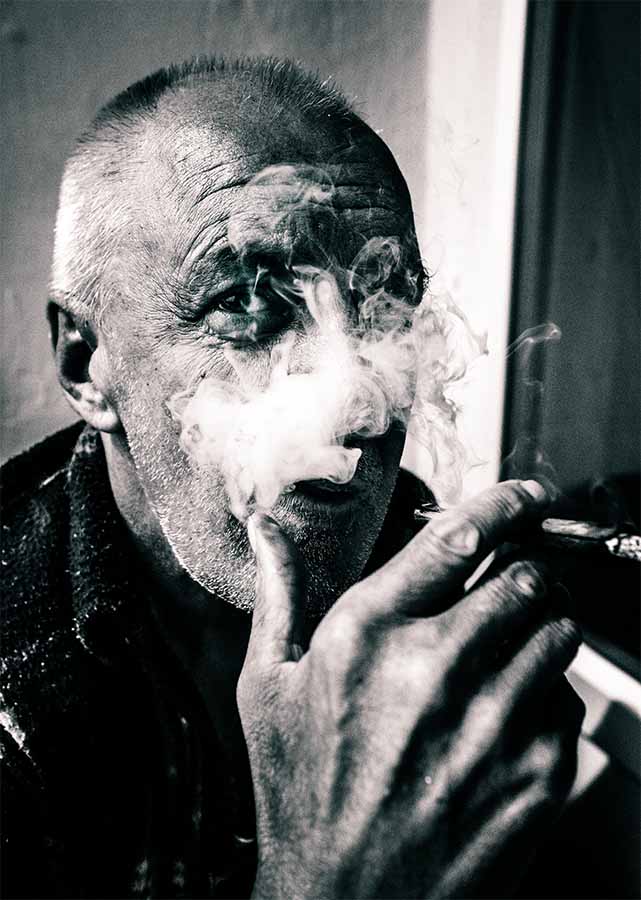
But it is even more surprising that in this place the elderly, pensioners, people with disabilities almost do not get sick, because the statistics of the boarding house say that out of 177 people, only 5 people were sent for additional treatment per year (!).
Many of the residents cannot serve themselves and eat on their own, so their ward neighbors help them whenever possible when the nurse does not have time. These people are completely dependent on the help of staff and their neighbors.
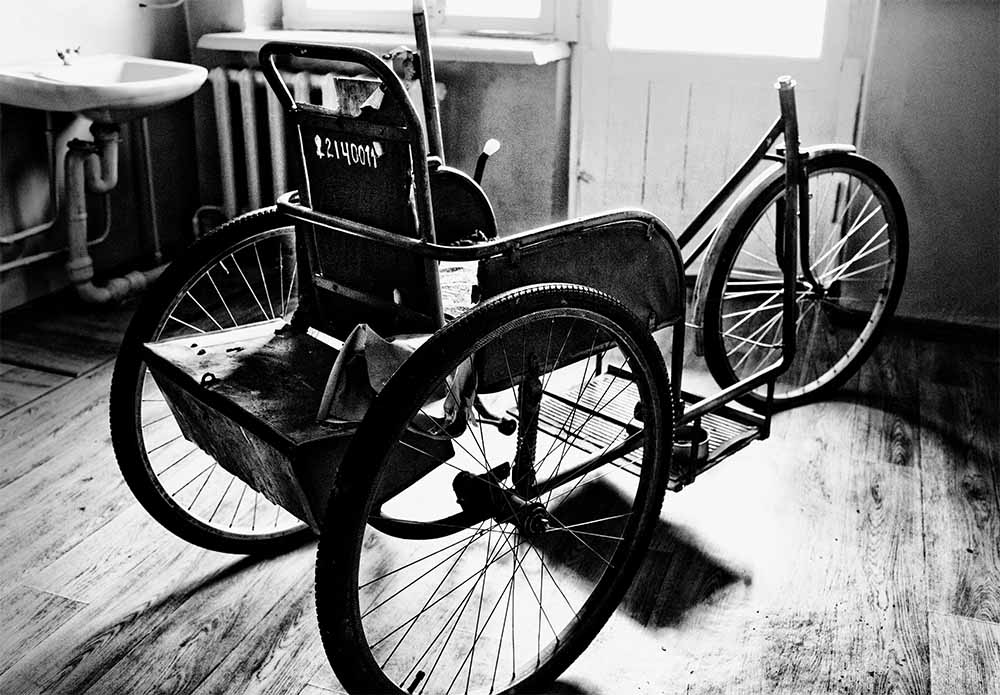
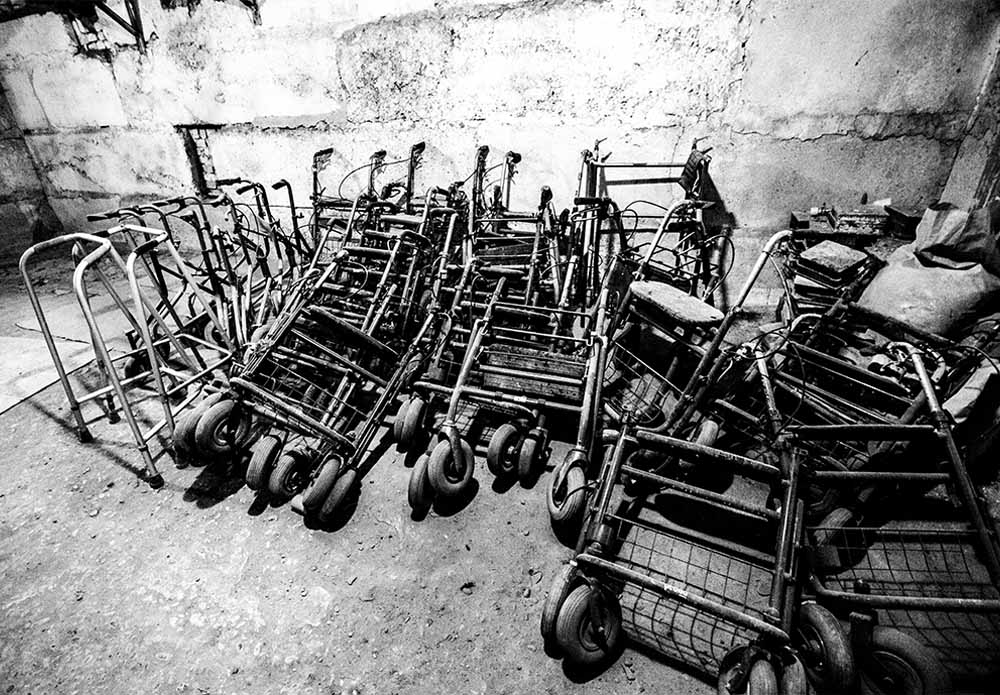
The wards of the boarding house need technical rehabilitation equipment – wheelchairs and walkers in order to move independently. And the most absurd thing is that during the inspection we found new wheelchairs and walkers in the warehouse under a thick layer of dust, dumped in a heap. At the same time, people use wheelchairs from the last century. Why they were not given new ones from the warehouse, the director could not explain.
The most painful for me personally are the personal stories of the wards, which cannot be forgotten for a long time. This grandmother kept repeating her son’s name, who ‘would pick her up tomorrow’. But her neighbors claim that she has been saying this every day for several years.
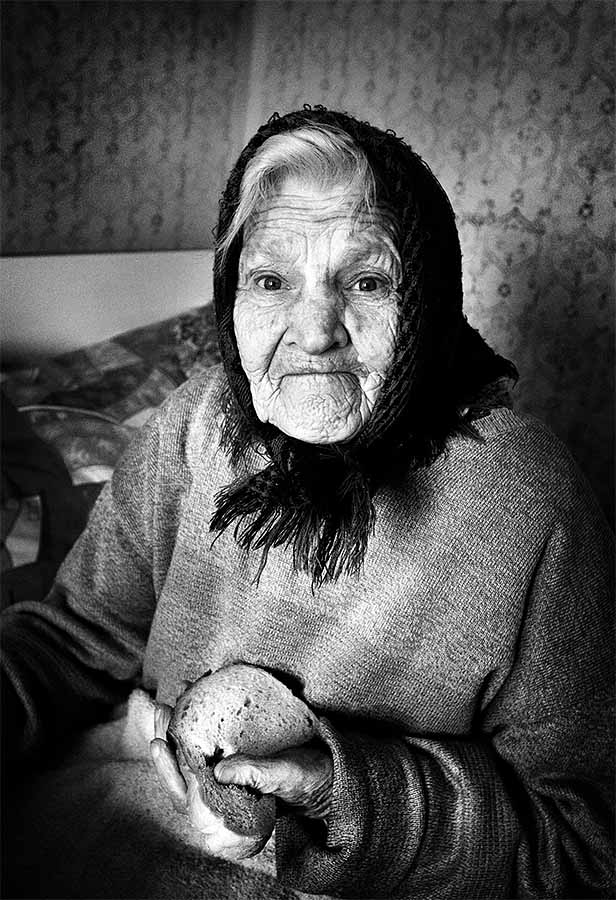
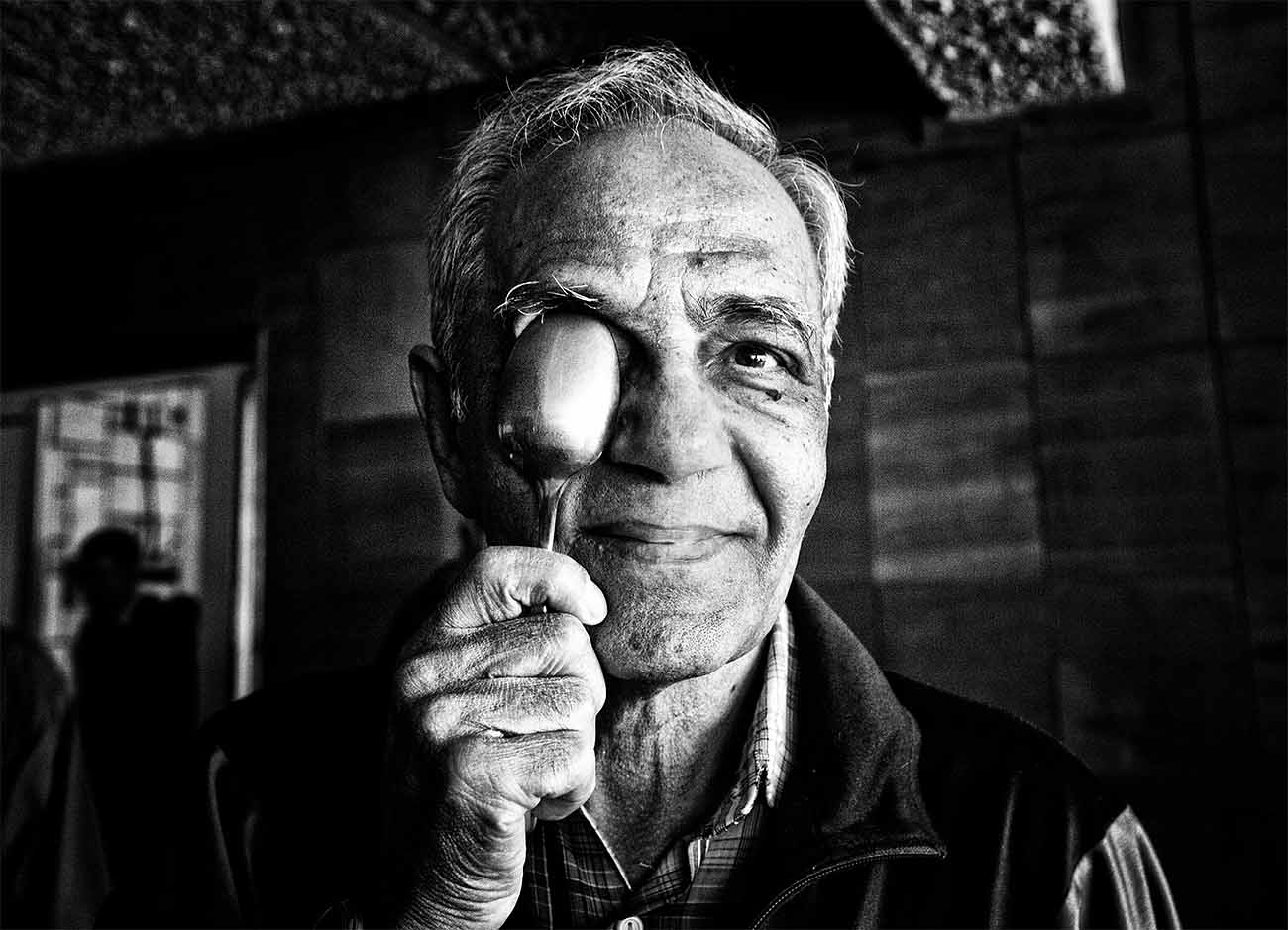
When I saw this man, I did not immediately understand why he covered his eye with a spoon. As it turns out, he has diabetes, and he can only focus with one eye if he closes the other. Therefore, he has to walk with a spoon all the time.
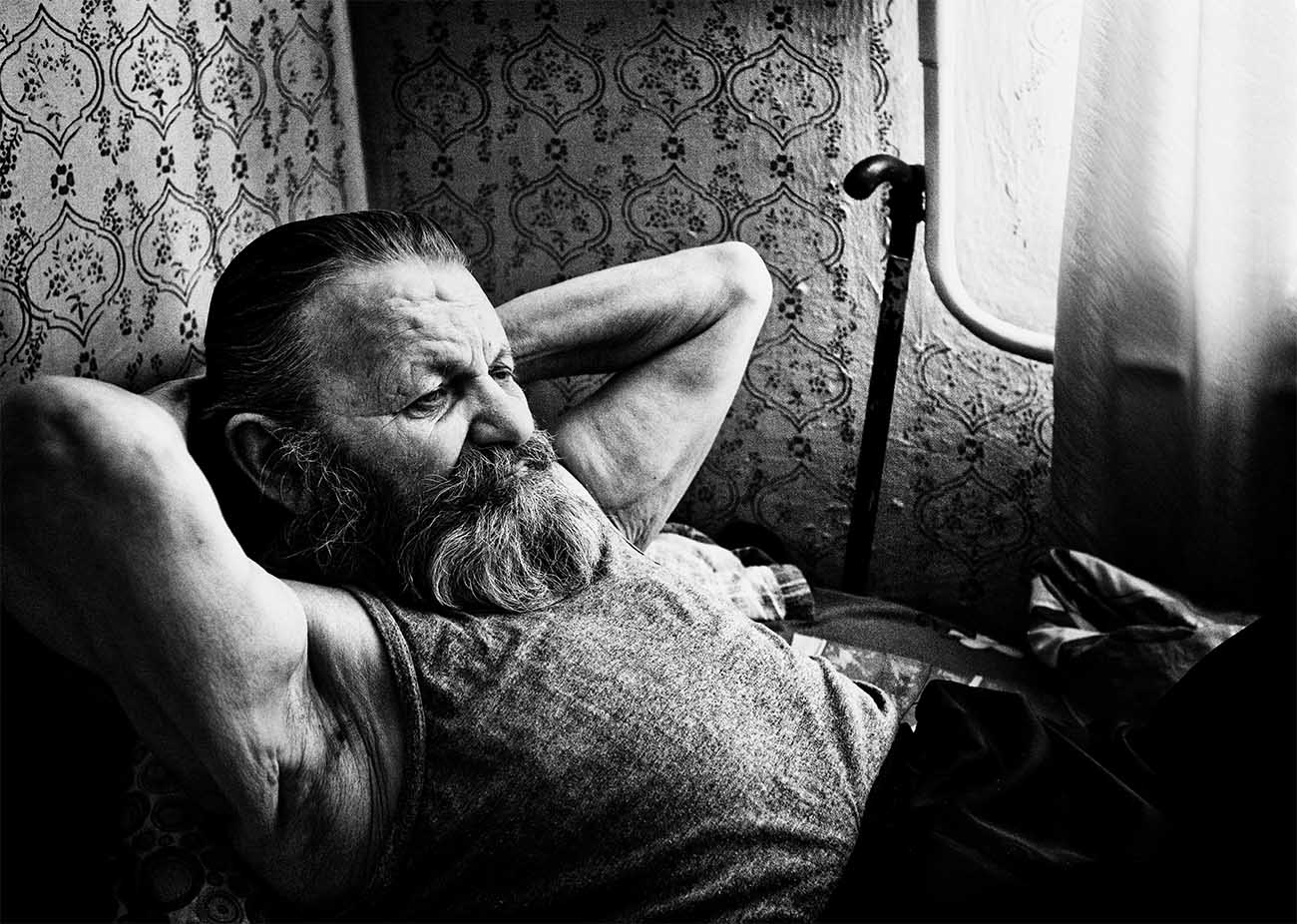
This elderly man has constant problems with the administration – he is forced to shave off his beard, but he stubbornly refuses. It is very likely that for re-education and “restoration of the correct worldview” he will be sent to the Vilshany Psychiatric Hospital.
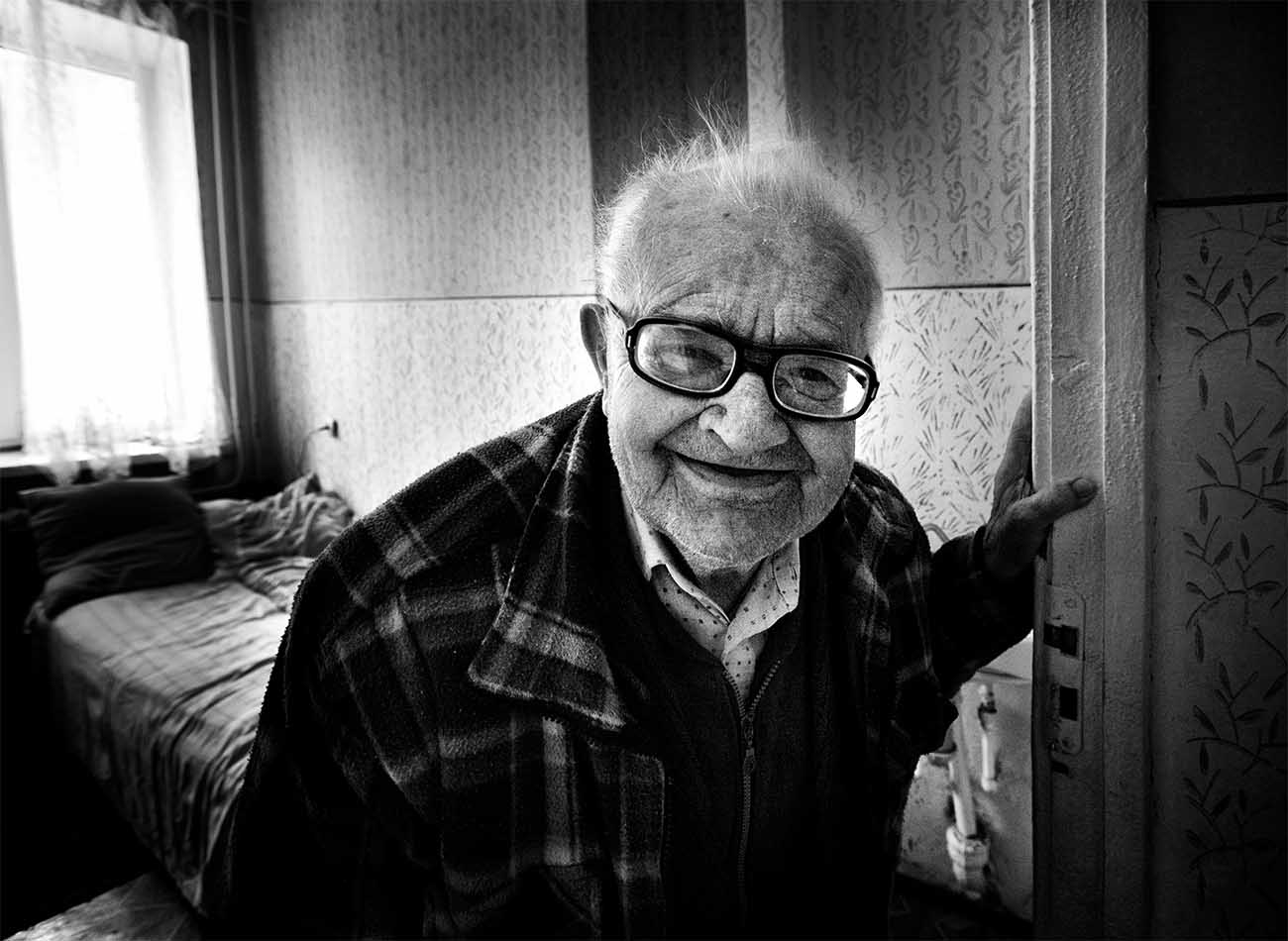
The grandfather-dandelion is the most cheerful and merry inhabitant of this boarding house. It seems to me that it is he who in many ways prevents other wards from sliding into the hell of despair.
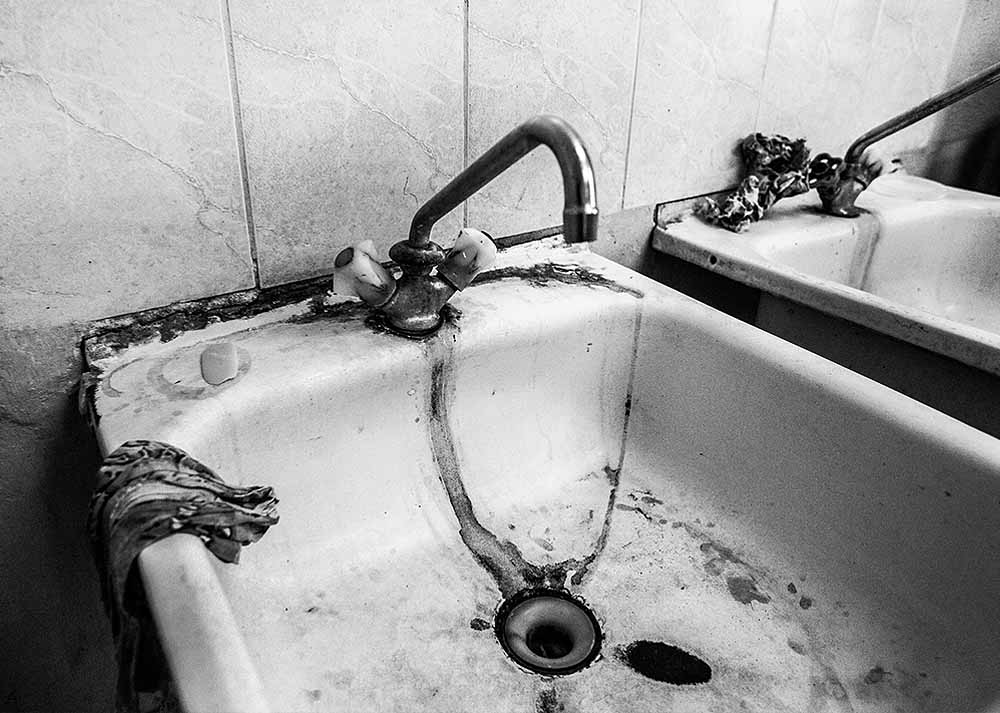
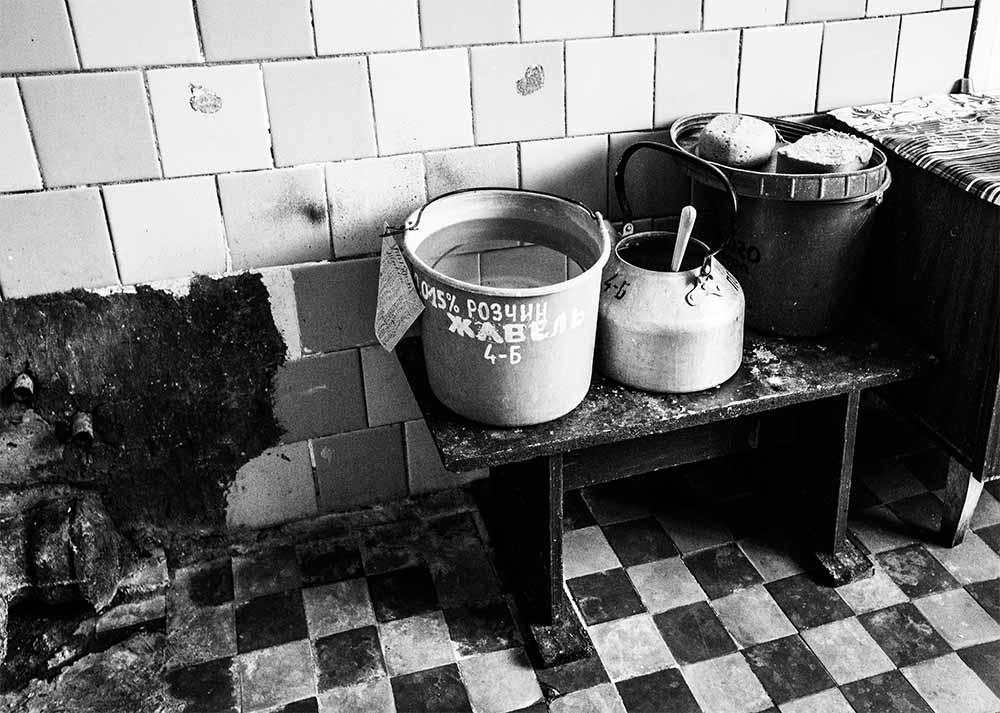
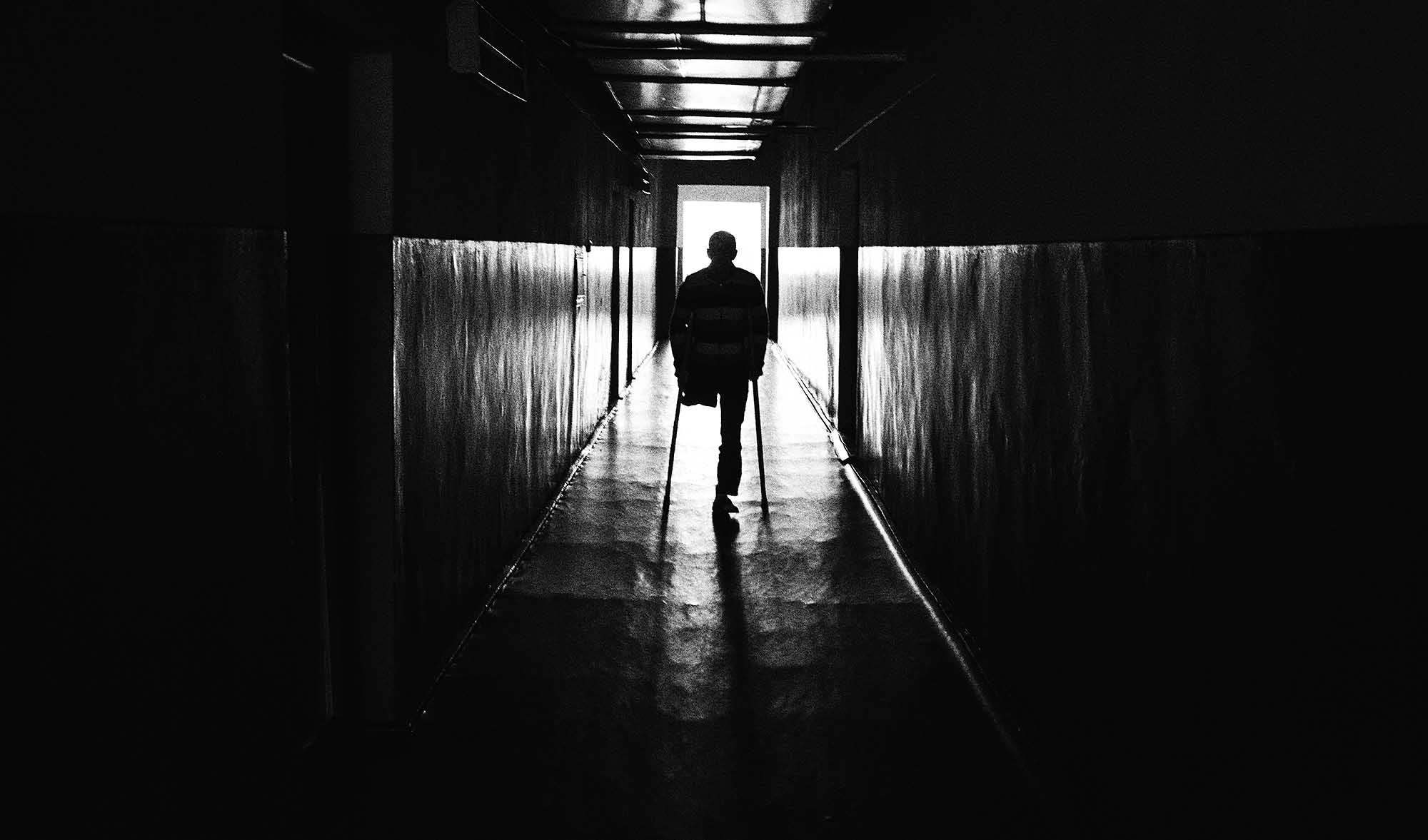
It is amazing how in such a terrible place some of the wards still have enough strength to be optimistic, find the meaning of their existence here, help their neighbors and just not go crazy.
The only way to change the situation with places of detention is to break their closure so that the administration of institutions feels constant control by the state and society. And also – the formatting of our consciousness and attitude towards the most helpless – children, people with disabilities and the elderly.